Putin’s ‘deep-sea sabotage can unleash havoc at will’
The suspected Russian bombing of two gas pipelines on the Baltic seabed has put Europe on high alert over ‘a new phase of hybrid war’.
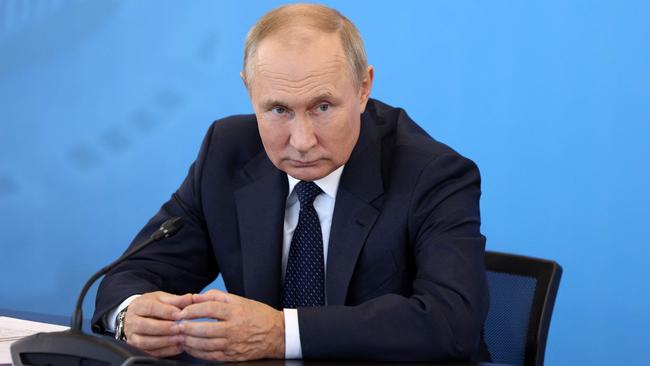
The suspected Russian bombing of two gas pipelines on the Baltic seabed has put Europe on high alert for a devastating attack on its critical infrastructure.
Military analysts said the Kremlin could easily wreak havoc by cutting sub-sea data cables or destroying another pipeline, as a British defence source suggested the “premeditated” sabotage could have been prepared by underwater drones that laid the explosives weeks beforehand.
Future targets could include the cables that carry sensitive financial information across the Atlantic, risking a market crash, or those that supply entire regions such as Orkney, Shetland or parts of Italy with their internet access, according to one former US Navy submarine warfare strategist.
The Nord Stream 1 and 2 pipelines from Russia to Germany sprang three separate leaks following a series of apparent explosions off the Danish island of Bornholm on Monday. German officials believe they are likely to be beyond repair.
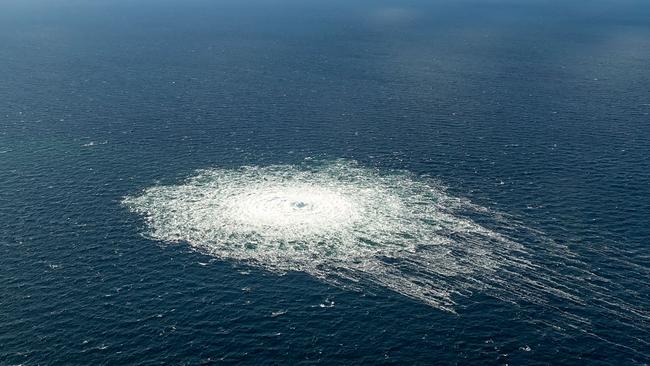
Germany, Sweden, Denmark and the European Commission say the only convincing explanation for the “unprecedented” and near-simultaneous damage is an act of deliberate destruction.
Russia has denied responsibility. Dmitry Peskov, President Putin’s spokesman, said allegations from Ukraine, Poland and other quarters that Moscow had orchestrated the attack were “predictably stupid”.
Russia’s FSB security service said it would investigate the damage to the Nord Stream pipelines as “international terrorism”, the Interfax news agency reported.
For the time being, the leaks will not affect Russia’s already drastically curtailed gas supply to Europe: Moscow shut down Nord Stream 1 this month, and Berlin blocked Nord Stream 2 from beginning operations in February.
The main effect has instead been to spread worries about further acts of aggression against Europe’s vast and in many cases indefensible energy and communications networks.
Warnings of submarine sabotage have circulated for years but the Nord Stream incident has driven home the danger at the highest levels of government.
Edgars Rinkevics, the Latvian foreign minister, described the situation as the start of a “new phase of hybrid war”.
The leaks pumping huge volumes of natural gas into the Baltic Sea could discharge the equivalent of one third of Denmark’s annual greenhouse gas emissions, warned Kristoffer Bottzauw, head of the Danish Energy Agency.
Norway has put its oil and gas facilities on alert for attacks and is increasing its military presence in the surrounding areas, although it said it had received no “specific” intelligence of threats to its coastal waters.
There have already been at least two apparent sabotage operations against its telecoms cables in the past year.
Germany is fretting about the danger to the five floating liquefied natural gas import terminals it is assembling as it seeks to sever its historic reliance on Russian pipeline gas.
“We are of course in a situation in Europe and Germany where pieces of critical infrastructure, including energy supply, are potential targets,” said Robert Habeck, the German economy minister and vice-chancellor.
Experts cast doubt on whether Europe could prevent or even detect such attacks in a timely manner, particularly those at sea.
“Our infrastructure is not very well protected and it is extremely difficult to secure them over thousands of kilometres,” said Professor Damien Ernst, an energy systems researcher at the University of Liege in Belgium.
“If gas supplies from Norway to Europe were cut off, we would see a terrible recession. We would not even be able to heat ourselves and produce electricity.
“The fears are very serious and well-founded. Europe has no more room for manoeuvre and we cannot exclude that things will deteriorate very significantly in the coming months.”
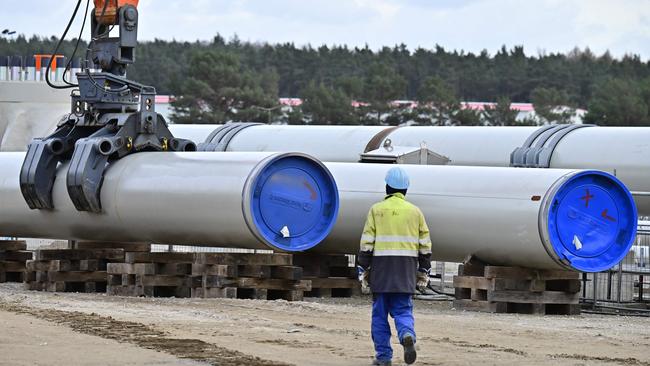
Bryan Clark, a former US Navy strategic planner who is now a senior fellow at the Hudson Institute think tank in Washington, said underwater surveillance in the Baltic and North Sea was patchy and could be eluded by Russia’s purpose-built sabotage submarines.
“It’s all part of the Russian style of political warfare,” he said. “It’s about sowing doubt, creating just enough fog of uncertainty.”
Julian Pawlak, an expert on maritime security at the Helmut Schmidt Military University in Hamburg, said: “It’s not the case that the whole of the Baltic Sea can be monitored 24/7, and definitely not below the surface … You can’t just put a (submarine-hunting) ship every ten nautical miles.”
It may be at least a week before investigators can survey the damage and try to work out what caused it.
All three sites are in relatively shallow waters, at depths between 71m and 88m. Naval analysts said this would make them tricky for Russian submarines to access without detection.
A UK military source said it was more likely that an unmanned submarine had planted explosives on the pipelines some time before the blasts.
Another theory is that the bombs were planted on “pigs”, maintenance devices pushed down the pipeline from the Russian end to inspect its interior.
The Times

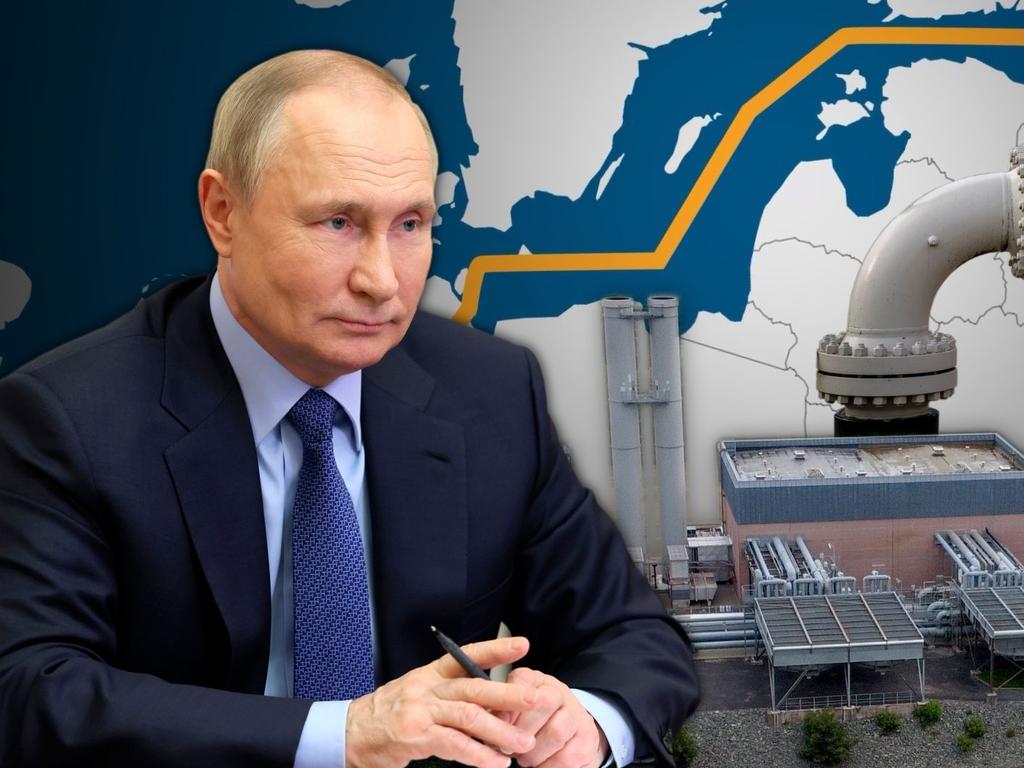
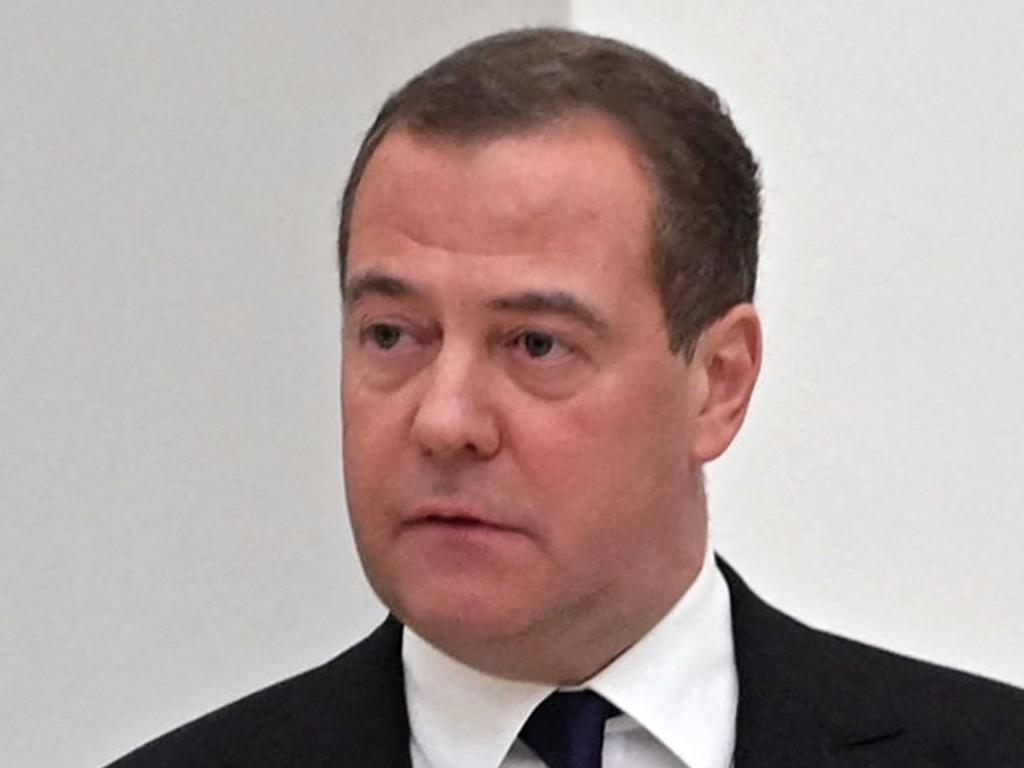
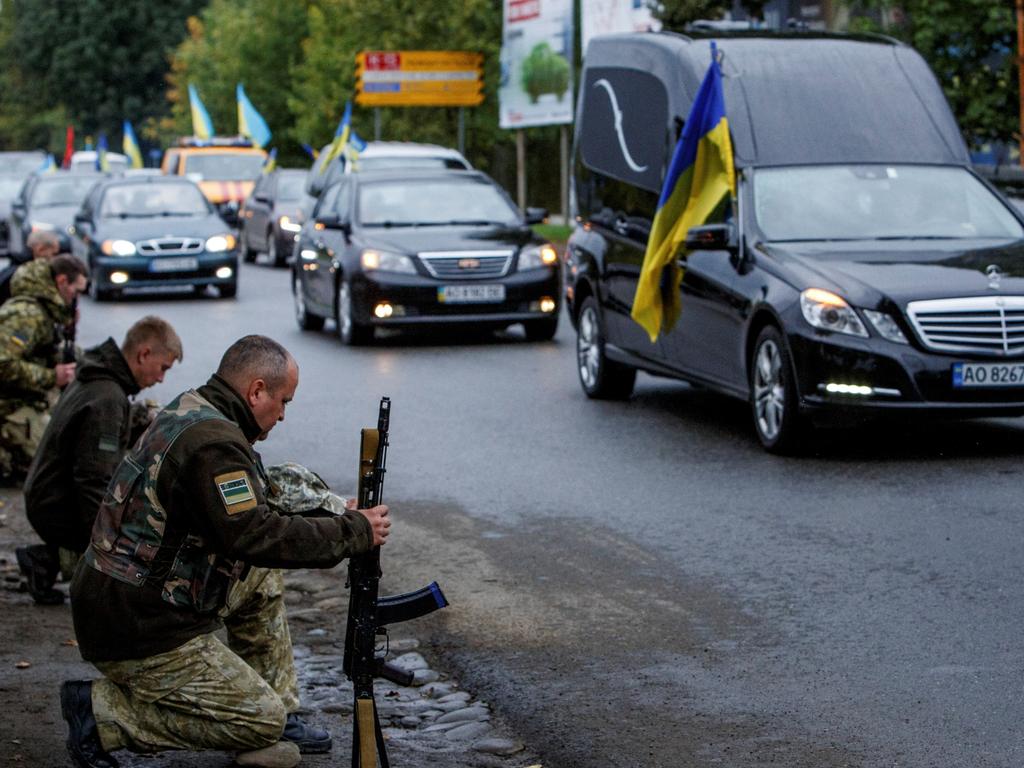



To join the conversation, please log in. Don't have an account? Register
Join the conversation, you are commenting as Logout